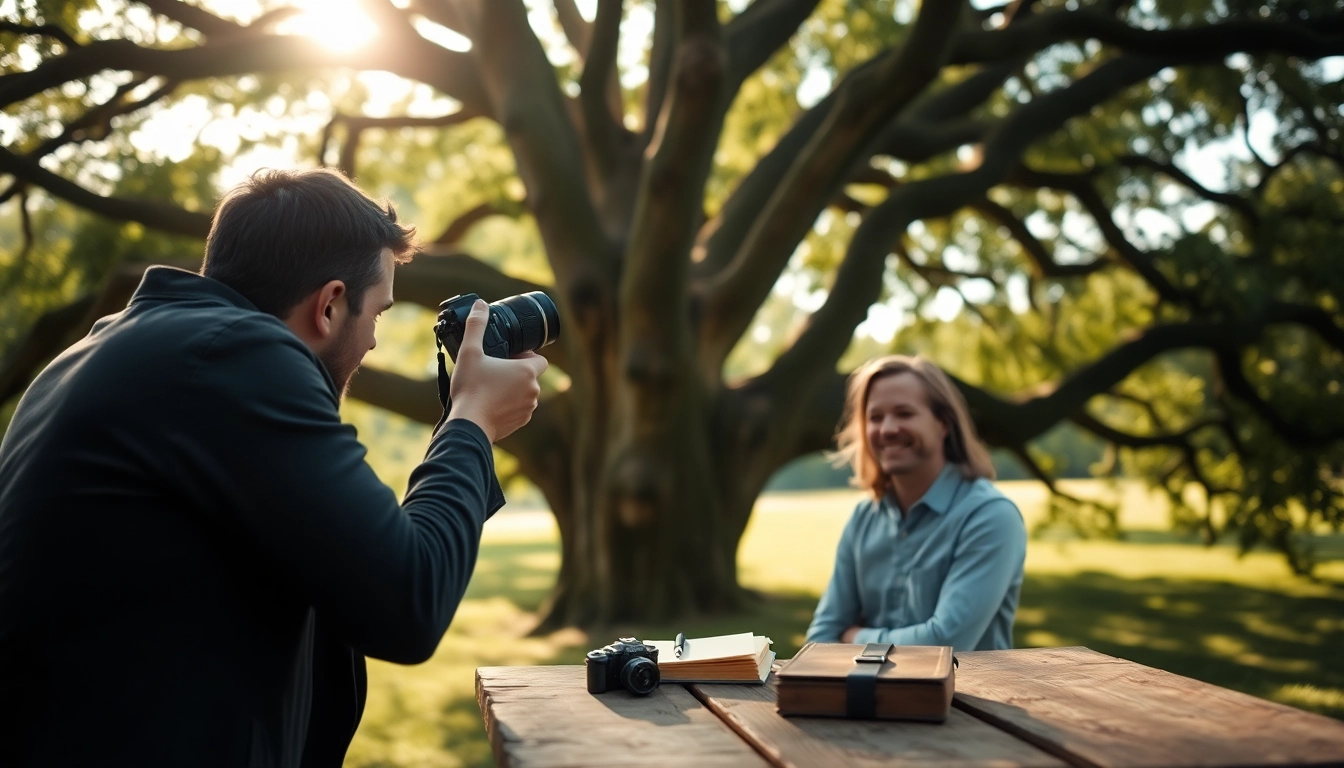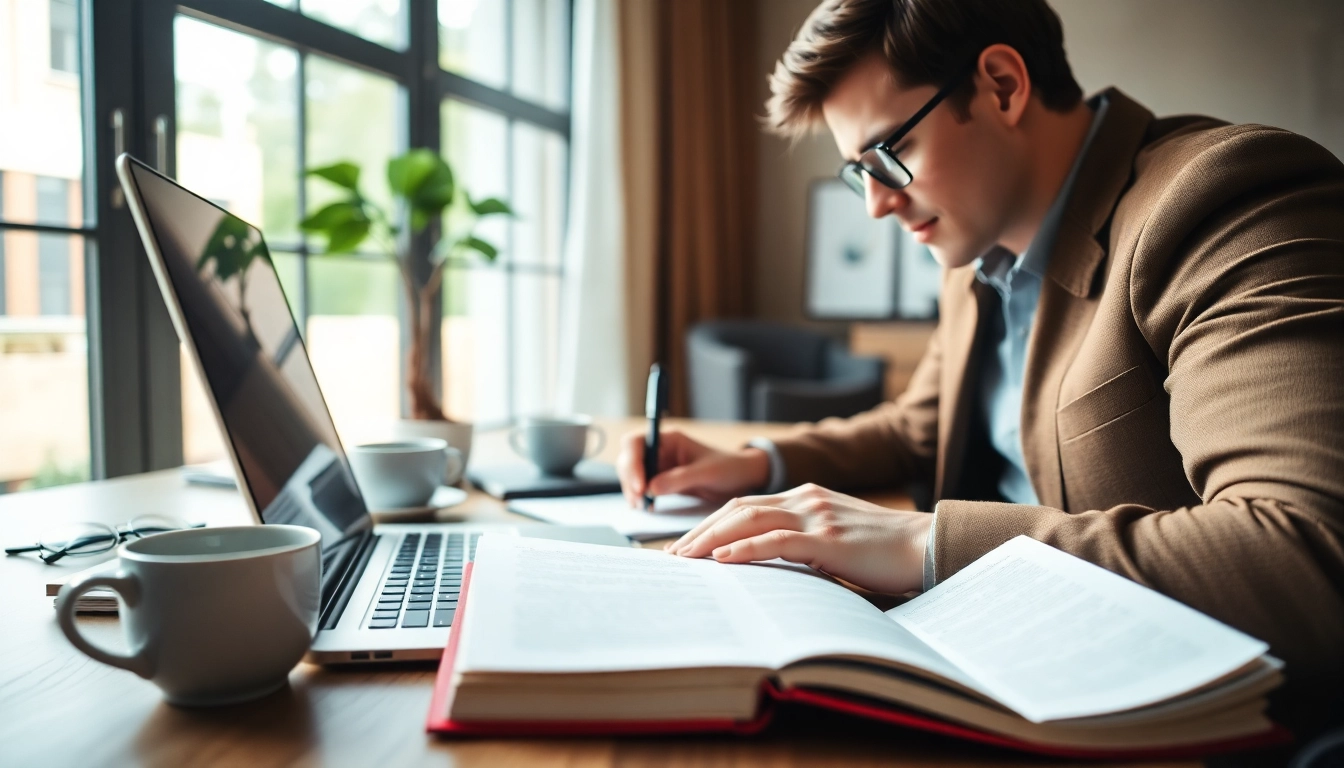Understanding the Role of a Professional Photographer
What Defines a Professional Photographer
A Professional Photographer is someone who has honed their skills and knowledge in the field of photography and has made it their livelihood. Unlike hobbyist photographers, professional photographers are adept in various technical aspects of photography, including lighting, composition, and post-processing. They often have a formal education or significant experience, allowing them to produce high-quality images that meet or exceed industry standards.
Professionalism is further defined by the ability to conduct business ethically and establish a rapport with clients. This entails understanding client needs, maintaining communication, and delivering results that align with expectations. The distinction between amateur and professional is not solely based on the technology used but also on the approach to service delivery and the overall quality of the work produced.
The Importance of Experience and Skills
Experience is a key component in the repertoire of a professional photographer. Years spent in the field allow photographers to develop a unique style, learn to adapt to various environments, and navigate challenges effectively. Mastery of photography requires constant practice and learning. As technology advances, staying updated with the latest tools and techniques is vital.
Skills span across technical, creative, and interpersonal domains. Technical skills involve not only knowing how to operate a camera but also understanding different photographic techniques, such as long exposure, HDR imaging, and portraiture. Creative skills enable photographers to craft compelling narratives through imagery while interpersonal skills help them connect with clients and subjects, creating a comfortable atmosphere that leads to the best possible results.
Types of Professional Photographers
Professional photographers can be categorized into various fields, each specializing in a different type of photography. Common types include:
- Portrait Photographers: Focus on capturing the personality and mood of individuals or groups.
- Commercial Photographers: Work with businesses, focusing on product photography, corporate headshots, and marketing material.
- Event Photographers: Cover events such as weddings, parties, and corporate functions, capturing candid and posed moments.
- Fashion Photographers: Specialize in photographing clothing and other fashion items, often working in studios or on location.
- Documentary Photographers: Tell stories through images, focusing on real-life events and social issues.
- Fine Art Photographers: Create artistic images that express an idea, emotion, or concept.
How to Find the Right Professional Photographer
Researching Local Professional Photographers
When searching for a Professional Photographer, start by conducting thorough online research to find photographers in your locality. Utilize platforms that aggregate professionals, read reviews, and explore portfolios to assess the style and quality of their work. Word-of-mouth recommendations and referrals from friends or family can also lead to reliable options.
Don’t overlook local photography associations or groups, which may offer directories of reputable photographers in your area. Networking events or expos may also introduce you to several candidates, enabling the opportunity to meet in person and gauge their professionalism and style.
Evaluating Portfolios and Styles
Your next step is to evaluate the portfolios of potential photographers. Look for consistency in quality and a style that resonates with your vision. Check if they have a cohesive aesthetic and can adapt their approach to different needs. Examine their use of lighting, composition, and editing, as these elements should align with your preferences.
Many photographers specialize in certain styles, such as dramatic editorial work or soft and candid shots. Understanding their signature style can help you gauge if they are the right fit for your project. When reviewing portfolios, consider looking at full sessions rather than just highlights, as this will give you a more complete perspective on their capabilities.
Interviewing Potential Photographers
Once you’ve shortlisted a few photographers, it’s time to conduct interviews. This is critical for understanding their approach and seeing if there’s a good fit in terms of personality and working style. Prepare questions that help uncover their creative process, experience with similar projects, and their understanding of your specific needs.
Ask about their planning process, how they handle challenges, and their methods for ensuring client satisfaction. Additionally, ensure they are communicative and responsive, as these traits often lead to a more positive collaboration.
Key Questions to Ask a Professional Photographer
Understanding Their Photography Process
Understanding a photographer’s process can reveal much about their professionalism and work ethic. Ask them to describe their creative workflow, including how they prepare for a shoot, what they do during the session, and how they handle post-production. Knowing their approach can help you visualize how the session will unfold and what to expect regarding timeline and deliverables.
Inquire about how they adapt to unforeseen circumstances, such as poor weather conditions or last-minute changes in the schedule. A resourceful photographer should have strategies in place to handle such situations and ensure that the quality of work remains consistent.
Discussing Pricing and Packages
Photography rates can vary widely based on the photographer’s experience, the complexity of the project, and the specific services provided. It’s essential to have a transparent discussion about pricing. Ask how their packages are structured, what is included, and if there are any additional costs based on your special requests.
Seek clarity on payment terms, any deposit requirements, and the cancellation policy. Understanding these details ahead of time can prevent misunderstandings and ensure that both parties are aligned on expectations.
Inquiring About Equipment Used
The equipment a photographer uses often reflects their level of professionalism. While it’s not necessary to have the most expensive gear, a professional photographer should have high-quality equipment that suits the type of photography they specialize in. Inquire about what cameras, lenses, and lighting they typically use, and if they have backups in case of equipment failure.
Additionally, it can be helpful to discuss their proficiency in using software for editing and post-processing. Understanding how they enhance images after a shoot can give insight into the final quality of their work.
Preparing for a Session with a Professional Photographer
Choosing the Right Location
The choice of location can significantly influence the outcome of your photo session. Whether you’re opting for a studio shoot or an outdoor setting, consider what environment best reflects the mood you want to convey. Discuss potential location options with your photographer, as they may possess insights on the best venues that will work well with their style.
When selecting an outdoor location, paying attention to the time of day can have implications for lighting and atmosphere. Golden hour, which occurs shortly after sunrise and before sunset, often provides the most flattering natural light for portraits.
Selecting Outfits That Work
Wardrobe choices play an essential role in creating visually appealing photographs. Plan outfits that fit the theme of the session and complement the chosen location. It’s advisable to coordinate colors but avoid overly matchy outfits that can detract from the individual personality within the images.
Consider the comfort of the outfits as well. Clothing that feels good often leads to more natural poses and expressions. It may be beneficial to consult with your photographer for their recommendations or to ensure your outfits align with their vision.
Communicating Your Vision and Goals
Effective communication about your vision and goals is critical for success with a professional photographer. Prior to the session, articulate what you hope to achieve through the images, including specific poses, moods, and themes. Sharing references or examples of the style you admire can help bridge the gap between your vision and the photographer’s interpretation.
This dialogue helps to set clear expectations and enables the photographer to prepare accordingly, ensuring that they fully understand your desired outcomes and can incorporate them into their planning.
How to Maximize Your Investment with a Professional Photographer
Understanding Usage Rights and Licensing
As with any creative service, knowing your rights regarding the images is essential. Discuss usage rights and licensing terms with your photographer to understand how the photographs can be used. This includes where and how you can share the images, whether for personal use or commercial purposes. Some photographers may offer different pricing based on usage rights, so clarification on costs associated with these rights can help avoid disputes later.
Additionally, inquire if you have the option to purchase exclusive rights or if the images can be part of the photographer’s portfolio. Having these details in writing sets clear guidelines for both parties and can enhance the mutual trust in the professional relationship.
Making the Most of Your Edited Photos
After the session, you’ll receive edited photos, which are often the highlight of the photography experience. To maximize the value of these images, consider how you will use them. Whether you plan to share them on social media, print them for a photo book, or use them for marketing purposes, ensure that the intended use aligns with the deals established during your initial discussions.
Additionally, consider creating an album or a digital gallery, as organizing the images can help preserve their integrity and make them easily accessible for future use. Establishing a plan at the end of the session ensures that the images remain a cherished investment in your memories or business narrative.
Building a Long-Term Relationship with Your Photographer
Establishing a long-term relationship with a Professional Photographer can offer tremendous benefits. A photographer who understands your style and preferences can deliver results that resonate more closely with your taste over time. Regular collaboration fosters mutual understanding and raises the likelihood of achieving desired outcomes quicker and with less effort.
Reaching out for updates or sharing new projects allows for sustained connection. Photographers apprised of your evolving needs can better cater to them, and you may also find yourself receiving valuable insights or suggestions based on your growth as a photography subject or business.



